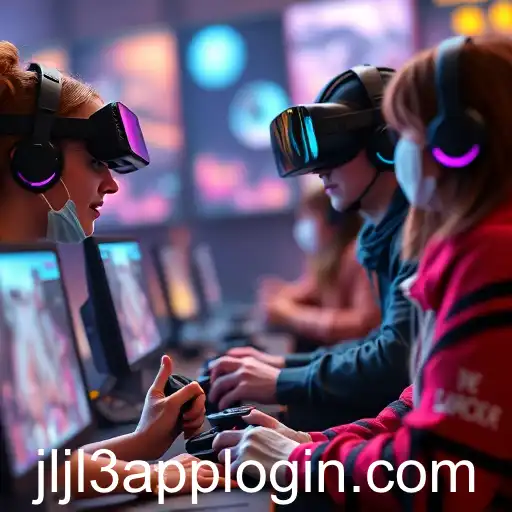
The year 2025 marks a significant milestone in the evolution of online gaming, with platforms like 'jljl3' leading the charge in creating vibrant digital communities. These virtual spaces have become more than just places to play; they are hubs for social interaction and cultural exchange.
Over the past few years, online gaming has shifted from a solitary activity to a dynamic, socially engaging experience. 'Jljl3', renowned for its user-centric designs, has been at the forefront of this transformation. The platform's ability to foster interaction among gamers from diverse backgrounds has enriched the virtual ecosystem, creating opportunities for players to engage beyond traditional gaming bounds.
With the continuous technological advancements, particularly in VR and AI, platforms like 'jljl3' have been able to offer increasingly immersive experiences. This has not only enhanced gameplay but also prompted discussions about the social and cultural implications of digital engagement. Critics and enthusiasts alike are debating the ways these online communities mirror real-world societal issues, such as inclusivity and digital well-being.
The popularity of 'jljl3' and similar platforms underscores a growing trend in digital consumer behavior. Players are not just seeking entertainment; they crave connection and a sense of belonging in these virtual worlds. The games themselves have evolved to cater to these needs, offering more cooperative gameplay options and community-driven content.
In a world where physical interaction has been constrained by global challenges, online platforms have become essential venues for building and maintaining social connections. The role of gaming websites like 'jljl3' is increasingly relevant as they provide a semblance of normalcy and community for millions around the globe.
Looking ahead, the trajectory of online gaming suggests a continued expansion of these digital communities. As new technologies emerge, the ways in which these games engage users will likely become more complex and nuanced, challenging us to consider how we interact in these ever-growing virtual spaces.


